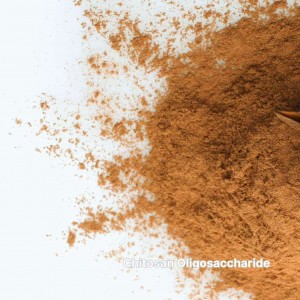Cereals: Rice, Wheat, and Corn
Disease Prevention: Reduces rice blast and wheat rust incidence by stimulating antioxidant enzyme production.
Higher Grain Weight: Enhances photosynthesis, resulting in 10–15% heavier kernels in corn.
Climate Resilience: Improves tolerance to waterlogging in rice paddies and heat stress in wheat.
Cash Crops: Cotton, Soybeans, and Oilseed Rape
Fiber Quality: Strengthens cotton fiber length and tensile strength.
Nodulation Support: Boosts rhizobium activity in soybeans, increasing nitrogen fixation by 25%.
Pest Deterrence: Repels aphids in oilseed rape via induced systemic resistance (ISR).
Versatility: Compatible with most fertilizers and agrochemicals.
How to Apply Chitosan Oligosaccharide for Maximum Results
Foliar Spray: Dilute at a ratio of 1:8,000–10,000 and apply during critical growth stages (e.g., flowering, fruiting).
Root Irrigation/Drip Irrigation: Apply 750–1,500 g/ha to strengthen root systems and improve soil microbiota.
Seed Treatment: Soak seeds in a 0.5% COS solution to enhance germination rates and early vigor.
 |
Eco-Friendly: Chitosan Oligosaccharide biodegradable and non-toxic, aligning with organic farming standards. |
For more information, please feel free to contact us:Info@g-teck.net.
Post time: May-09-2025




